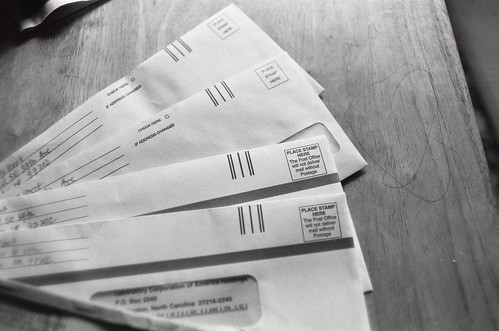Most of us do what we can to meet our obligations as agreed. However, there are times when it just isn’t possible to make all of your bill payments. If you are worried about paying your bills, you do have options. However, it is important to be up front about your late payment, and what is happening with your finances.
First: Evaluate Your Situation
The first thing you need to do is to evaluate your situation. Are you experiencing a temporary shortfall? Maybe you had an unexpected emergency expense that drained your finances, and you will be back on track quickly. On the other hand, you might be experiencing a more difficult and long-lasting setback, such as the loss of a job. How you handle your obligations will depend on the expected time frame of your finances, and what it will take to get back on your feet.
Next, take a look at other areas of your finances. Do you have an emergency fund that can help you out? How long will the fund last? Are there expenses you can cut back on to help make ends meet? Even if you plan to get outside help, you need to have a plan ready for meeting your obligations; showing that you have thought about the issue will incline creditors and others toward working with you.
Contact the Company
If you aren’t going to be able to make a payment, you need to contact the company ASAP. This is especially true if you know that you will be unable to make payments for a long period of time. Contact the company and find out what your options are. If you contact the company early enough, the company might be able to work with you in order to work out a payment plan, or explore other options. Explain your situation, and what you are doing to make things better so that the company has an idea of the effort you are putting in to meeting your obligations.
Prioritizing Your Bills
For some people, a financial setback is large enough that more than one payment is at risk. In these cases, it is usually a good idea to prioritize your bills. Even though you might be most worried about the credit cards, these are often the last bills to pay, since they represent unsecured debt. Instead, if you want to keep your home, the first bill to keep current on is your mortgage payment. You also might want to make sure that utilities like electricity and heat are kept current so that you have those needs taken care of.
Getting More Help
If you are truly struggling with meeting your obligations, you can look for more help elsewhere. Friends and family might be able to help you in different ways. Even if they don’t give you money, you might be able to get help with groceries, or with child care while you look for a job. Additionally, there are government agencies and charities that might be able to give you some direction for getting help. Even your church congregation might have some sort of resources set aside for helping those that need it.
There is no reason to suffer in silence; instead, contact your creditors, and let your family know what help you need. You might be able to get just the help you need to get back on your feet.
Miranda is freelance journalist. She specializes in topics related to money, especially personal finance, small business, and investing. You can read more of my writing at Planting Money Seeds.

